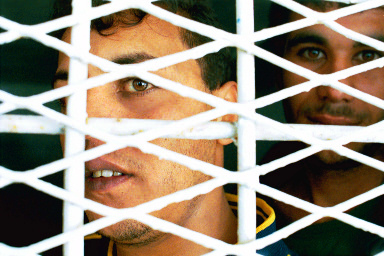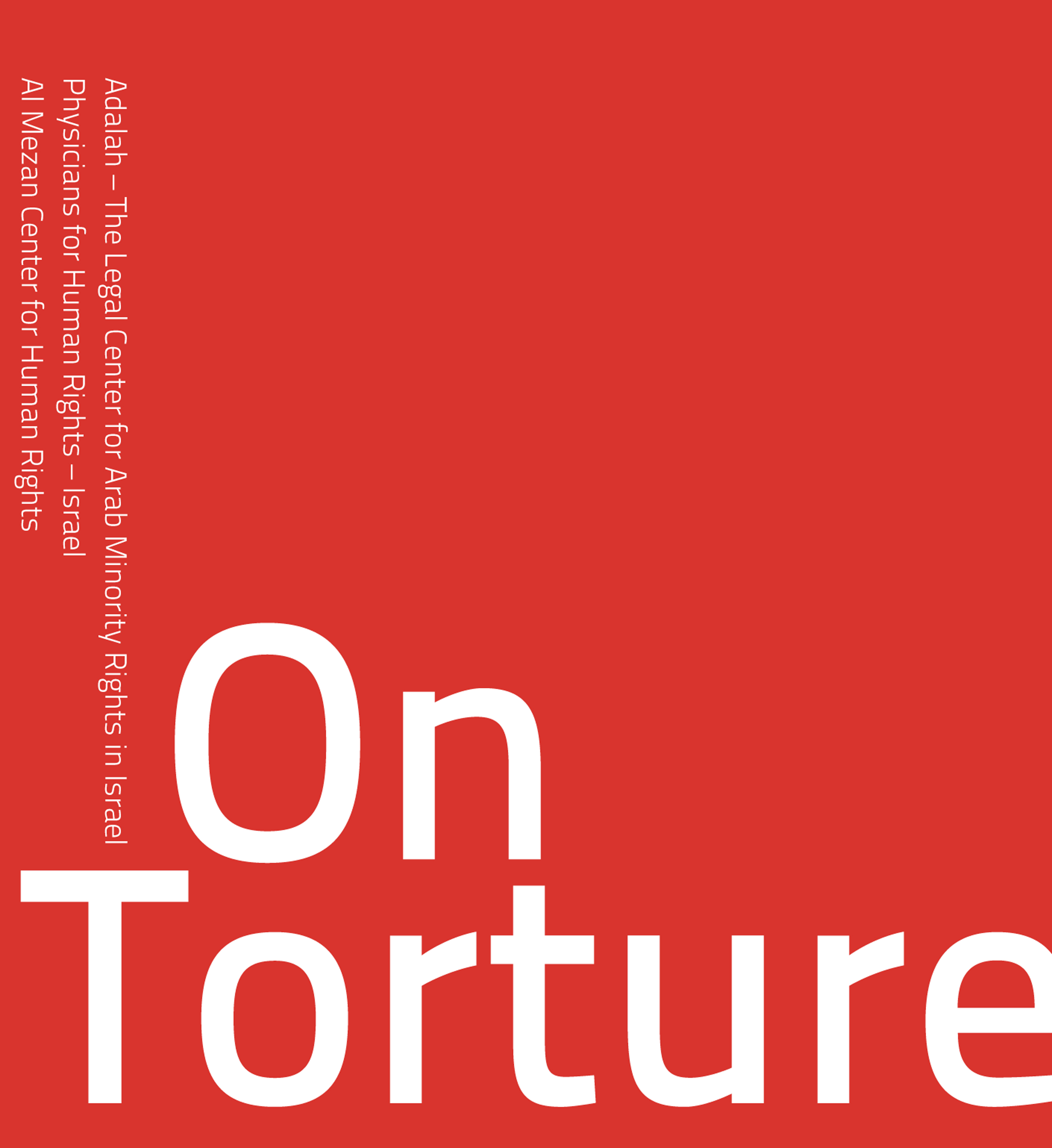Severely ill Palestinian prisoners endure 12-hour trips under harsh conditions to hospitals or court
Palestinian prisoners incarcerated in Israeli prisons must endure appalling conditions during their transport to health care facilities and courts, subjected to ill treatment, pain, and suffering, which endangers their health. Inhumane conditions continue despite commitments made by the Israel Prison Service (IPS) before the Israeli Supreme Court in 2008 and 2010 for improvements.
Organizations demand better conditions
On 5 June 2013, Adalah, PHR-I and the Haifa University Law Clinic for Prisoners’ Rights and Rehabilitation sent a letter (Hebrew) to the Director of the IPS, Aharon Franco, demanding immediate action to shorten the length of transport time; the replacement of metal seats in “posta” prison vehicles and at waiting stations; for the provision of a daily main meal and water during their transport; and access to toilet facilities en route to their destinations.
The three organizations also stressed the urgent need for the use of special vehicles to be provided to transport prisoners with cancer and other serious illnesses individually and directly to and from hospital, and for whom the journey in posta vehicles is unbearably painful.
Ill prisoners shackled on metal seats, forbidden blankets and food
Adalah Attorney Rima Ayoub wrote the letter after the organizations gathered testimonies from prisoners about transport time and conditions. The prisoners emphasized that they spend these long hours with their hands and ankles shackled, sitting on hard metal seats. The vehicles are extremely cold in winter and stiflingly hot in summer. The IPS bans them from using blankets or any other means of making their time less uncomfortable.
Prisoners decline medical treatment to avoid trip
The prisoners also complained about not being given water and food for long hours, while others deliberately do not drink any water provided fearing that they will not be able to use a toilet. Because of these inhuman conditions, many prisoners prefer not to travel to undergo medical tests; the IPS then considers them to be refusing treatment.
Testimonies
A 31-year-old prisoner with bowel cancer, who is undergoing chemotherapy, taking a large number of medications, and is in constant pain, complained to Adalah of his journey in a posta vehicle from a prison near Herzliya to a nearby IPS medical center in Ramla, a trip that took hours. After undergoing treatment, he was left to wait for four hours in a room without a bed, mattress or chance to use a toilet, before beginning the painful return journey to prison.
Another prisoner, 37 years of age, suffers from severe hemorrhoids but avoids undergoing necessary tests because of the physical suffering he experiences during transport. On 24 February 2013, his journey from prison began at 3 am, and he arrived back at midnight the following evening, even though the destination was only a half an hour away. Throughout this time, he was held in a posta vehicle or a cramped waiting room with bare metal seats that left him in excruciating pain.
A 52-year-old administrative detainee suffers from severe back pain and migraines, diabetes, anemia and problems with his vision. He testified that he left the Hadarim Prison on 14 April 2013 to attend a court hearing on the extension of time of his detention at the Ofer Prison, located in the West Bank. He departed at 2:30 am, arriving at the court at 8 am. On the return journey, he was left in a waiting room for hours without a bed or mattress.
Adalah: Conditions violate rights, constitute CIDT
Attorney Ayoub emphasized that the transport conditions in the posta vehicles violates the Palestinian prisoners’ constitutional rights to dignity as well as their right to medical treatment. She added that the transportation conditions described above constituted cruel, inhuman and degrading treatment, prohibited under international law.
 Photo by Physicians for Human Rights - Israel, used under Creative Commons.
Photo by Physicians for Human Rights - Israel, used under Creative Commons.













